By Mike Ludwig
 The point of carpooling is to save some gas money while reducing traffic congestion and air pollution, but in Virginia, taxpayers could be on the hook when commuters try to do just that.
The point of carpooling is to save some gas money while reducing traffic congestion and air pollution, but in Virginia, taxpayers could be on the hook when commuters try to do just that.
The Australian company Transurban recently teamed up with a construction firm to build new express toll lanes in a congested part of the Washington, DC-area beltway. Under a 40-year contract with Virginia, the state must reimburse the private companies up to 70 percent of toll revenues lost when the number of carpoolers in the express lanes exceeds 24 percent of the total traffic, making taxpayers foot the bill when carpooling cuts into contractor revenues.
It’s unclear if the carpooling rate will ever hit that mark. But whether they like it or not, Virginia taxpayers are stuck with the toll reimbursement deal for the next four decades, or until the firms post $100 million profit, according to In The Public Interest (ITPI), a policy group that examines government contracting. Voters can’t vote the consortium of private companies out of public service if carpooling becomes popular.
The Virginia carpooling toll deal is just one example on a list of “failures” that illustrate the problems that can arise when cash-strapped governments outsource public services to private companies that put profit before the public interest, according to a recent ITPI report.
